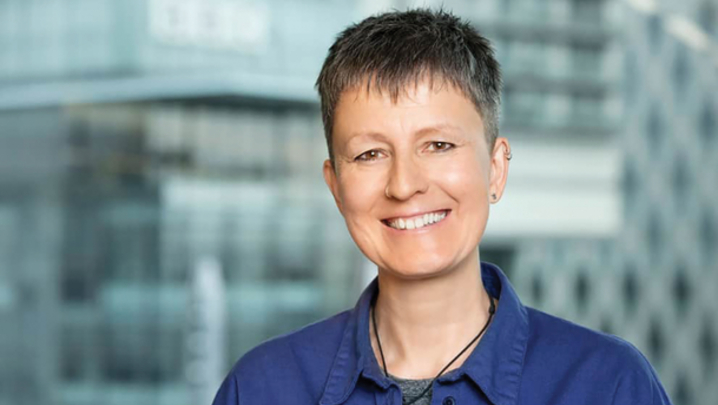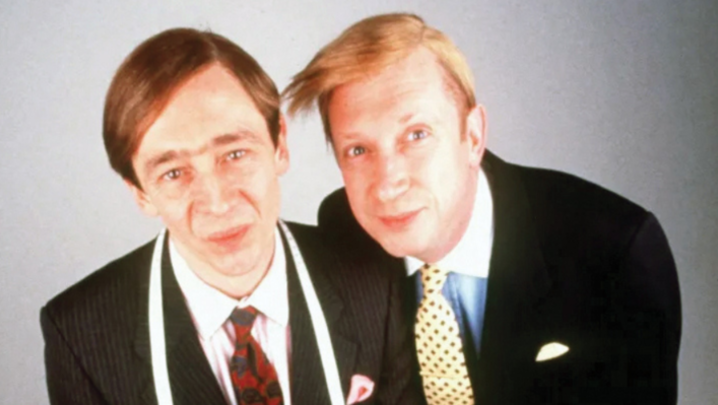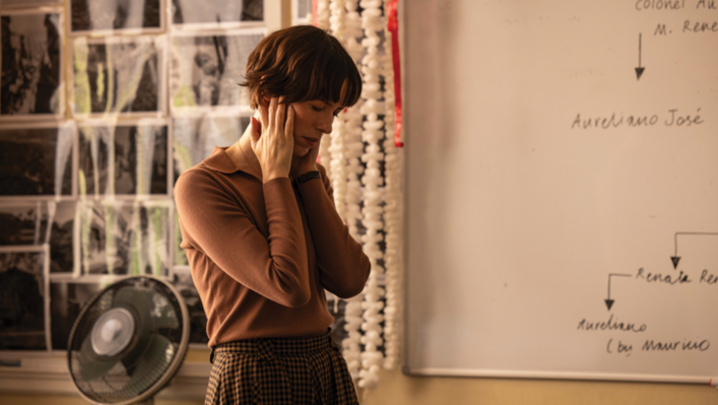Alison Jones celebrates the 40th anniversary of Crimewatch in Cardiff
Crimewatch has been helping the police catch criminals for 40 years, and production staff and presenters past and present gathered at an RTS Cymru Wales event to celebrate the enduring success of this unusual partnership.
Since it began in 1984, with the idea of getting the public involved in solving crimes by staging reconstructions to jog the memories of witnesses, Crimewatch has made more than 700 programmes and 7,000 appeals on behalf of police forces around the UK.
Joe Mather, Creative Director for documentaries at BBC Studios, said the biggest hurdle producers faced when it launched was getting the police to trust them. “It was groundbreaking, a programme with this direct connection with an audience and an overarching purpose of solving crimes,” he recalled.
“It seems like a no-brainer today that the police would want to get behind it because it offers so much to them, particularly on difficult cases they’ve struggled to resolve, but only two or three forces initially agreed to take part.
“The police have to hand over an awful lot of details the public aren’t privy to in order for the team to build an accurate reconstruction or appeal. That’s a big step for them to give that trust over. Understandably, they were reluctant to do that, because what was Crimewatch at the time? Did it have a genuine purpose behind it?
“After that first show they had calls and I think the appeal ultimately got a result. The proof was in the pudding and it ran from there.”
Alex Loughran, the former Crimewatch editor charged with refreshing the series when she joined in 2006, said that after that hesitant start Crimewatch became a vital tool for detectives. “We did training for the police… in how to use the media to try to help. We could have filled an hour’s programme every night with the appeals they came to us with.
“The difficult part was choosing the cases… [The question] was which ones we could make a real difference with. When that call comes in, the feeling is incredible.”
The programme was first hosted by Nick Ross and Sue Cook, with Ross’s sign-off “Don’t have nightmares”, becoming a catchphrase. It left a lasting impression on current presenter Rav Wilding, who was a serving police officer when he first appeared on the show in 2004. “As a child, it was the only programme I was allowed to stay up late to watch. I was scared until Nick said: ‘Don’t have nightmares,’” he said. “Walking on to the set in my mid-twenties was incredible, and to still be part of it 20 years later and getting results, that’s what I am passionate about.”
Hiring Wilding as a presenter added to the show’s credibility with the police, and he could also empathise with the detectives’ feelings of relief when they finally got a break in a case after a reconstruction aired.
“I’ve been there with seasoned detectives who’ve broken down in tears when they got those calls. Yes, it means everything to us on Crimewatch, but they’ve worked with the families for years and tried everything to get some justice for them. Then they get that call and know, finally, they’ve got that person.”
Originally made in London, Crimewatch relocated to Cardiff in 2011. It had a number of spin-offs and is now Crimewatch Live. “The upside is we do 30 programmes a year instead of eight,” said Mather. “We do a lot more appeals.” A new series, Crimewatch Caught, will look at how police investigate and solve crimes.
“Crimewatch is a public service,” said Loughran. “Even in my time we were bounced around the schedules, but millions still tuned in to watch. The appetite is there for crime programming. We are all armchair detectives at the end of the day.”
‘40 years of Crimewatch’ was held at the Chapter Arts Centre, Cardiff, on 25 September. It was hosted by BBC Wales news presenter Jennifer Jones and produced by Tom Dix and Alexia Barrett for RTS Cymru Wales and Juliet Piper for BBC Studios.







